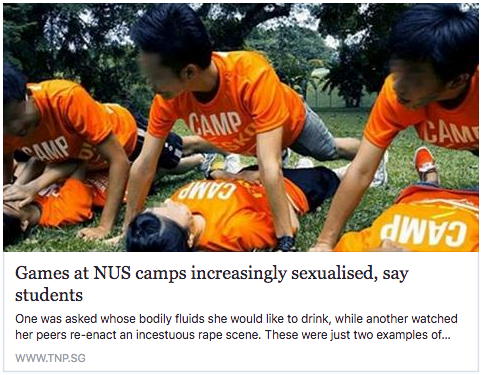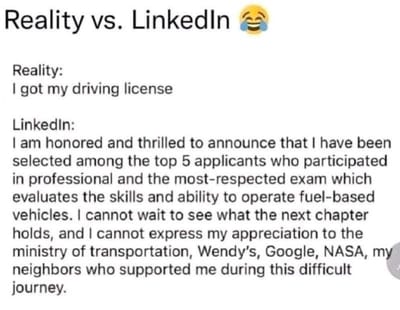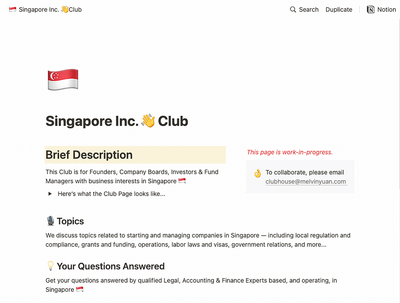‘No’… It starts a little earlier than most parents think.
I was a little surprised when I saw this story.
Not shocked. Which says a lot about the culture in which we live.

And when I saw it being discussed in my social networks days after it was published — I thought a little more deeply about it.
I wasn’t perplexed by the fact that it was happening. Again, it says a lot about the culture in which we live.
I was intrigued by children and adolescents’ ability to say no;
and, in this case, step away from disagreeable situations.
While I certainly object to the activities carried out, I am more intrigued by how helpless the students felt.
And I believe the answer lies 20 years in the past.
Let me explain…
Productivity and Time-management literature is riddled with reminders — to say ‘no’ to tasks and interruptions that don’t truly matter.
In relationships, and social psychology, saying ‘no’ is a means to set healthy boundaries.
And… we finally recognise, as adults, that it’s ok to say ‘no’… …That ‘looking nice’ is merely a fragile facade that we cling on to — when we don’t object to what ultimately hurts us.
Yet most children — from their days as toddlers — are not given the opportunity to assert ‘no’.
I’ve seen countless parents expect their children to share a toy when a sibling, or another child (in school, a playgroup etc.) asks for it.
The child (or toddler) says “no” (“I don’t want to share”); and many parents almost immediately respond with — “you must share” / “be nice” or some variation of that response.
I’ve seen young children turn away from people when they are not ready to engage in conversation. And many parents immediately instruct them to “be polite and talk now”.
Privately, those same parents must have themselves, resisted having conversations with others on occasion.
So the point is — why do we not give toddlers and children the opportunity to say ‘no’; and stand for their ‘no’?
My wife and I believe that a child should — as early in life as possible — be given the opportunity to say ‘no’ to sharing, to engaging in conversation, to being touched/held/carried by others…
… Even if it defies certain social norms; and makes it seem like the child isn’t ‘nice’; that the child is selfish, or (gasp!) that the parents have done a poor job in raising, a nice, friendly, obliging child.
From the very day she was born — Elizabeth, our daughter, knows that her ‘no’ means no. And we believe, that gives her the opportunity to understand that her yes, also means yes.
And most importantly — that she always… has a choice.
Update (on Nov 20, 2016): I wrote a second article that more clearly explains my position on this matter: https://medium.com/@melvinyuan/you-dont-have-to-consent-but-we-d-like-you-to-consider-2cc2e6a653a#.k0co99pyt
I’ve asked for the article to be shared — because several friends (in private conversations) have asked me to publish this, and distribute it more widely. And I’ve also heard counter-arguments that have been helpful for me.


